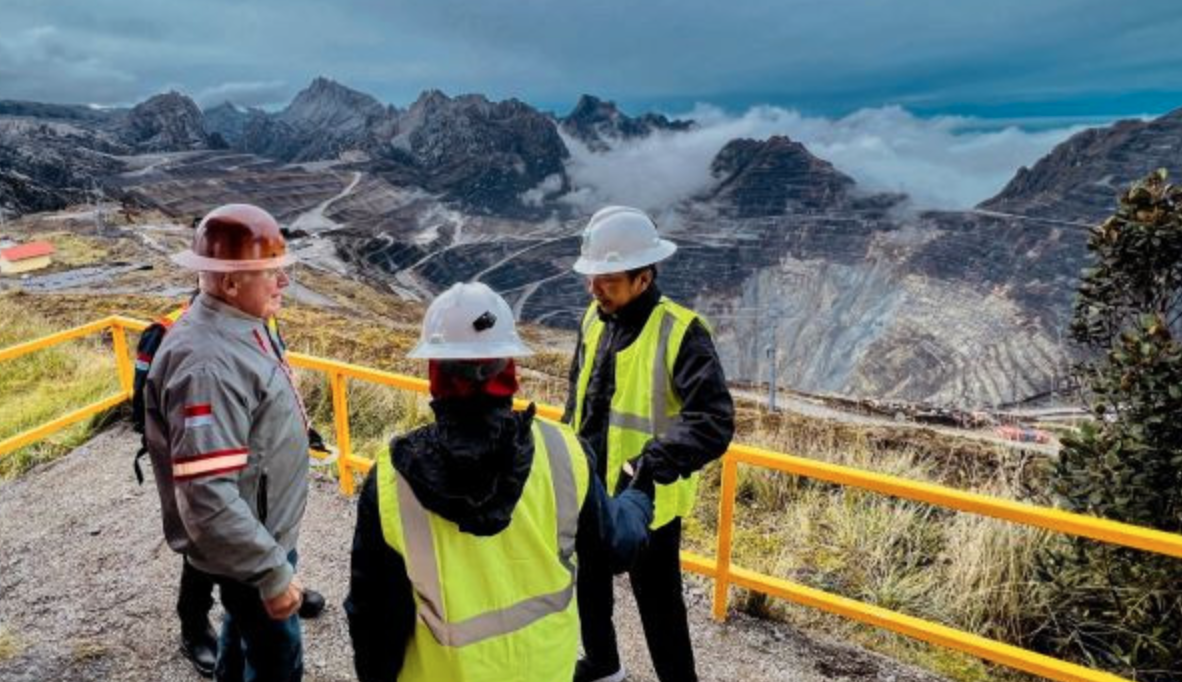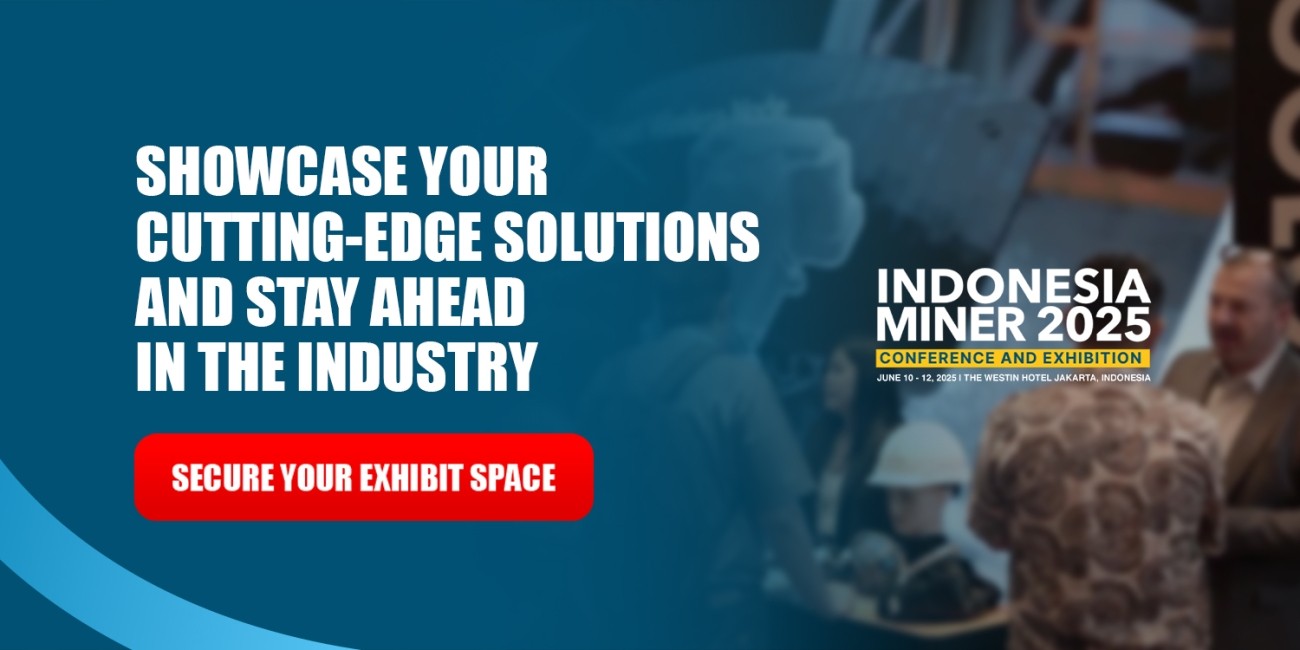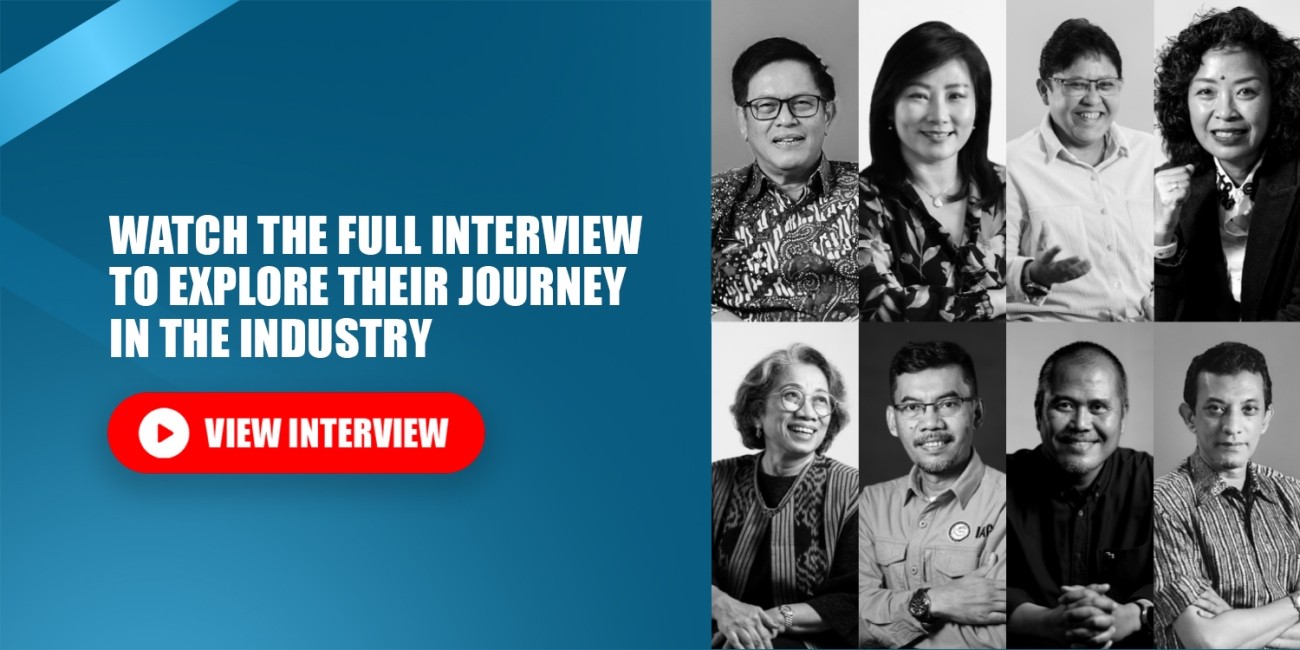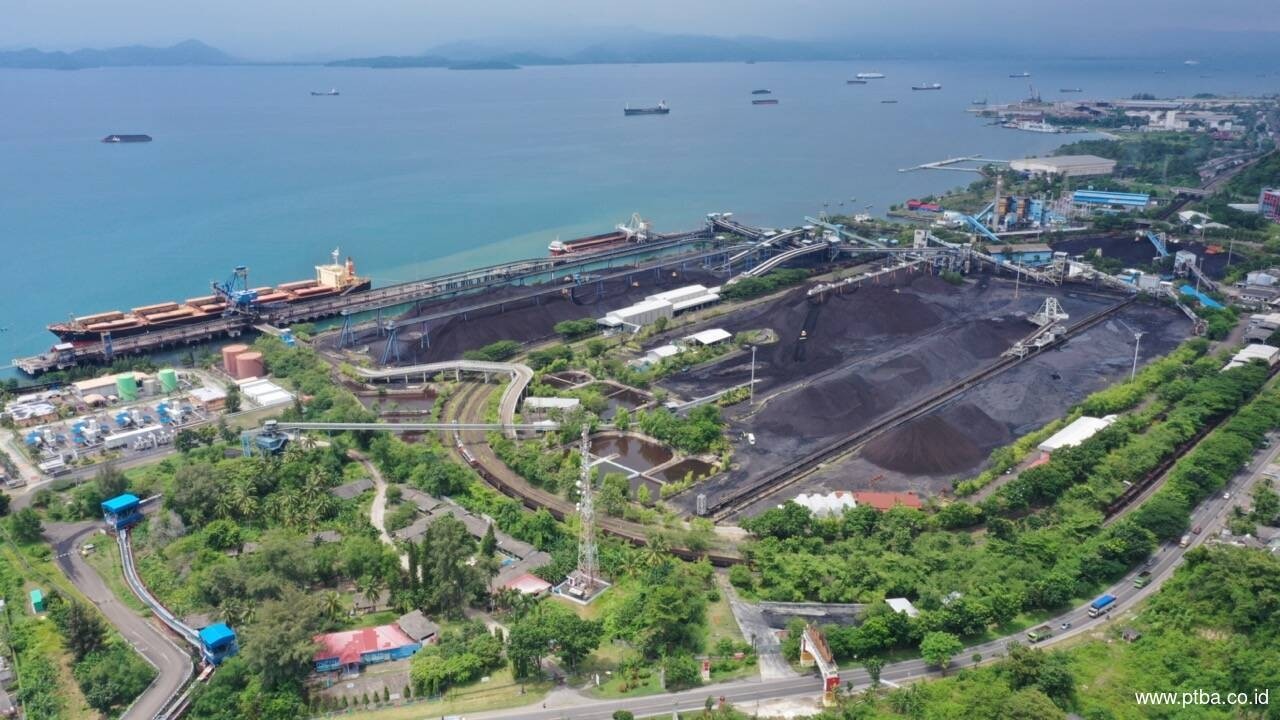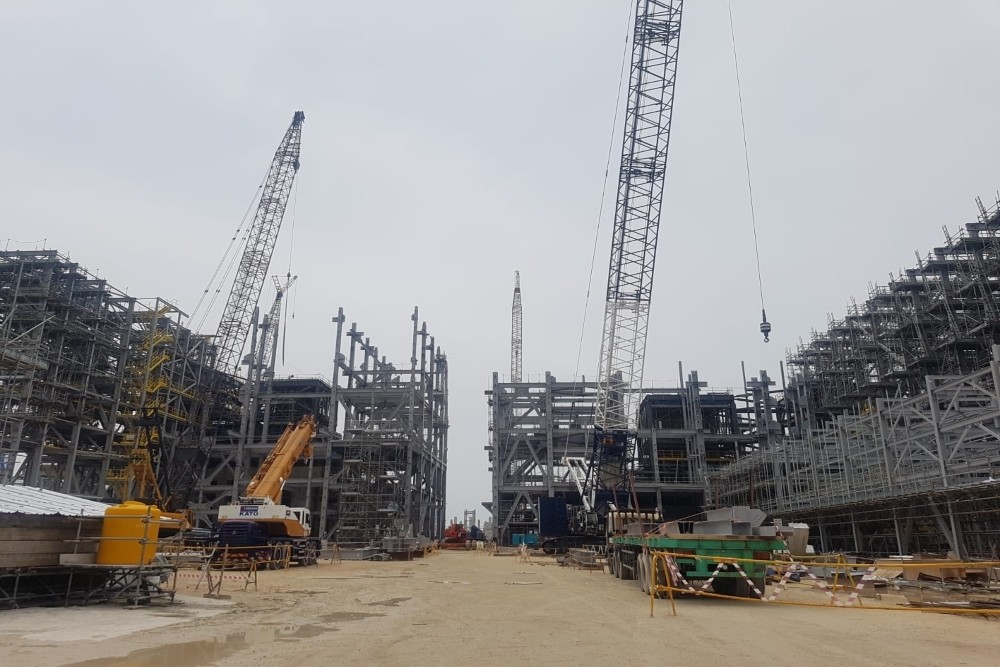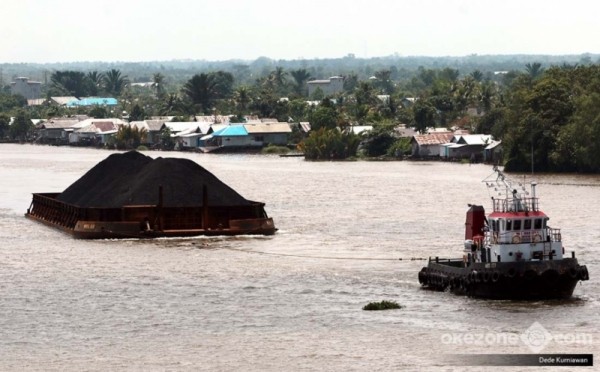Indonesia will allow miners Freeport Indonesia and Amman Mineral Nusa Tenggara to continue exporting copper concentrate until next year, despite a ban starting this June, to allow for their smelters to be completed, the mining minister said on Friday. The government is due to ban exports of raw minerals like copper and bauxite from June as part of efforts to attract investment into its metals processing industry and boost the value of its exports. Delays to copper smelter construction caused by the pandemic prompted the government to temporarily exempt some firms from the ban, minister Arifin Tasrif told reporters.
"We are pushing so these smelters development can be concluded as soon as possible," he said, adding that they are expected to be completed in May next year. He said Freeport and Amman will therefore be allowed to export until May 2024. The ministry will issue a regulation detailing requirements for the export leniency for copper. Arifin said both smelters are currently at around 60% completion.
Freeport Indonesia spokesperson Katri Krisnati said the company has not received an official notice regarding the export policy, adding that the company appreciates support from the government to help ensure its operational and investment continuity. Amman Mineral did not respond to a Reuters request for comment.
FREEPORT PERMIT EXTENSION
Arifin said the government and Freeport have also started discussing extending the company's permit to continue operating the Grasberg mine in Papua. Freeport's current permit will expire in 2041. While it will likely allow the extension, the government may want to increase its stake in the company, investment minister Bahlil Lahadalia told reporters at a separate briefing.
Through a state company, Indonesia currently controls 51% of the Indonesian unit of U.S. mining giant Freeport-McMoRan, and the government wants to expand that by around 10%, he said. Asked about the government's wish for a larger stake in Freeport Indonesia, the company said it remained committed to following the government's directives and policies.
Freeport is building a $3 billion copper smelter in East Java to process 1.7 million tonnes copper concentrate, while Amman's smelter in West Nusa Tenggara will have an input capacity of 900,000 tonnes. Asked about the bauxite export ban, Arifin suggested there could be no leniency for bauxite, the most common raw material used in the production of aluminium. The country banned exports of nickel in 2020 and has since attracted huge investment into nickel processing, much of it from China.
